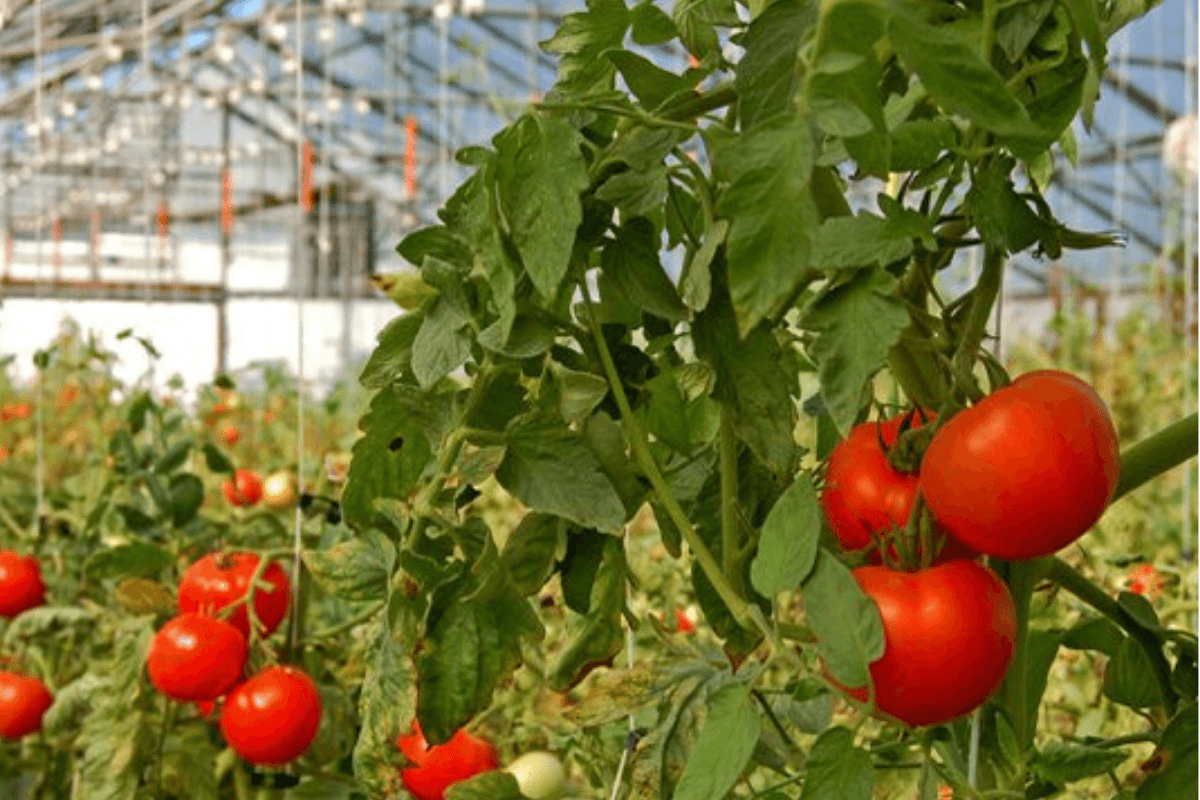Horticulture Business in Africa

The Agricultural system is broad and horticulture is one of them. Horticulture is a branch that deals with art, science and even the business of vegetable plants growing. It is the culture of plants for food, comfort and beauty. It involves cultivation, processing and sales of fruits, nuts, and vegetables, ornamental and medicinal plants, including flowers. It does not include large-scale crop production or animal husbandry. It includes landscape restoration, construction and maintenance, landscape garden design, plant conservation and arboriculture.
There are nine areas of study in horticulture, these nine studies can be compressed into two groups edibles (Pomology & Olericulture) and ornamentals (floriculture and landscape horticulture).
Arboriculture: deals with the cultivation, management, and study of individual trees, shrubs, vines, and other perennial woody plants.
Turf Management: Involves the production and maintenance of turf grass for sports, leisure and amenities.
Floriculture: This is the production and marketing of flowers and ornamental plants.
Landscape Horticulture: this involves plant identification, landscape design, plant cultivation, nursery and garden-center management. The production, maintenance and marketing, of landscape plants.
Olericulture: the production and marketing of vegetables. Example; broccoli, carrots, cabbage etc.
Pomology: this is the production and marketing of fruit crops.
Viticulture: this the production and marketing of grapes.
Oenology: this deals with wine and winemaking.
Postharvest physiology: involves the stage of crop production after harvest. This includes cooling, cleaning, sorting and packing. The instant a crop is removed from the ground, or separated from its parent plant, it begins to deteriorate. This stage ensures, that doesn’t happen.
See also: Gracia Farms Looks to Partner with Meet the Farmers Conference for Sustainable Agriculture
Horticulture contributes to every aspect of human life positively, form food to health, education, recreation, environmental protection and conservation, architecture and socio-cultural activities. Without horticulture we would have a boring life, its gives us food, color, flavor and health benefits. Report has shown that eating at least 400 grams of fresh fruit and vegetables a day helps to alleviate micronutrient deficiencies and to prevent chronic diseases associated with unhealthy diets.
Unlike popular thoughts, horticulture is beyond flower planting, it is one of the important sector of agriculture and a big business endeavor. Horticulture emerged as the most important branch in the agricultural sector as it generates up to 1 billion USD in foreign exchange yearly. The total horticultural production is close to 3 million tons. The horticulture sector is the highest employer of labor in Kenya. Horticulture industry directly employs approximately 6 million people while 3.5 million people benefit indirectly through related activities.
So far, South Africa, Kenya, Rwanda, Ethiopia are the African countries majorly involved in the global horticulture industry. There is so much potential in the horticulture sector that has not been scratched. Horticulture can aid in the solution of Africa’s economic problems. Africa is one of the fastest continent in the world with 1.2 billion people and over 100 million jobs need to be created to alleviate unemployment and horticulture has the potential to generate employment. There is need for the government to empower farmers in the Horticultural sector and get them ready for external investors. The integration of technology and innovation in agriculture and horticulture as a whole holds the key to the future.







